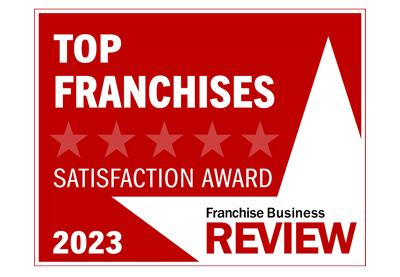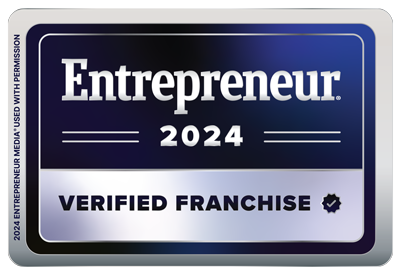To be more at ease and have a positive experience, it’s important for you to know and understand some of the most commonly used real estate terms.
If you’re a buyer or seller or real estate, it can be a stressful process. It can also be confusing with all of the real estate jargon used. To be more at ease and have a positive experience, it’s important for you to know and understand some of the most commonly used real estate terms.
Below we bring clarity to some of the confusing terms that you need to know.
What is Title Insurance in Real Estate?
Title insurance protects lenders and buyers from financial loss if there are defects in the title. Title insurance protects policyholders in cases of:
- Ownership by another party
- Forgery, fraud or incorrect signatures
- Incorrect records
- Restrictive covenants or easements
- Encumbrances, judgments or liens against a property
A clean title is essential to a real estate transaction, but title searches are not infallible, and sometimes, things fall through the cracks. If you purchase a property and then find out after closing that the previous owners defaulted on property taxes, that burden falls on you unless you have title insurance.
Depending on the location, transaction price, and insurance company, a title insurance policy costs anywhere from $500 to $3,500. Typically, sellers pay for the owner’s policy, which protects the new buyers after closing.
What Does Pending Mean in a Property Listing?
Say you find your dream home online, but your query is met with the word “pending” splashed across the cover photo. Pending in real estate means that a buyer submitted an offer on the property and the seller accepted.
However, that does not mean that the transaction is closed. Between the time that a pending label is assigned to a property and the property sells, the home still has to undergo an inspection, the buyer still may have to secure a mortgage and there’s still the possibility the buyer will back out.
If a property is pending, not all hope is lost. Even though the seller cannot accept any new offers while the property is pending, if the original offer falls through, the property is open for new offers.
What Does Contingent Mean?
A contingent listing is very similar to a pending listing, but contingent status happens before pending status. For an accepted offer to be contingent, it means the buyer must sell another property in order to purchase a new one. The offer is “contingent” on the sale of the buyer’s other property.
A contingent listing is usually still considered an active listing, which means the seller can accept new offers if the terms of the contingency are not met. The MLS (multiple listing service, see more below) classifies contingent listings as “UC Contingent/Call Listing Broker,” which means that the seller has accepted an offer, but other buyers can continue showings and submitting offers.
What is the MLS?
The MLS, or multiple listing service, is a tool that helps real estate brokers cooperate to secure buyers for their listings and advertise their listings to agents who might represent buyers looking for like properties.
Here’s an example of how the MLS facilitates connections. Broker A posts his property listing on the MLS. Broker B finds the listing and thinks it’s a great fit for her buyers. Broker A is willing to split part of his commission with the buyer’s agent. Broker B sets up a showing and the client decides to buy.
The MLS ensures that listings can be easily found by brokers that might be working with buyers in the local area. Most systems feed broker’s listings to 3rd party websites like Trulia, Zillow and Realtor.com.
What about the Acronyms PUD and HOA?
A PUD, or planned urban development, is a self-contained development consisting of residential, commercial, or residential and commercial units. PUDs are common in condominium buildings, single-family or townhouse communities. PUDs include amenities or businesses to serve the residents, like stores, restaurants and even landscaping services.
PUDs are less restrictive than HOAs, or communities with a home owner’s association. In an HOA community, there may be rules imposed on all residents to maintain conformity. However, in a PUD, you have the right to do whatever you want to your individual property or lot and shared rights in a common area.
What is an REO Property?
REO, or real estate owned, properties (sometimes described as “banked owned”) have fallen under the ownership of a lender or an investor. If someone defaults on their loan payments, the lender can sell the property at an auction. If the property doesn’t sell, it’s still in the lender’s possession and deemed an REO property.
A foreclosure is an example of a REO, but it isn’t the only example. For example, it can become a REO if the previous owner moves out or passes away at the end of a reverse mortgage and the heirs refuse to pay off the mortgage balance.
Buying an REO property often comes with an appealingly low price point. However, you usually get what you pay for, which means the property might need repairs.


